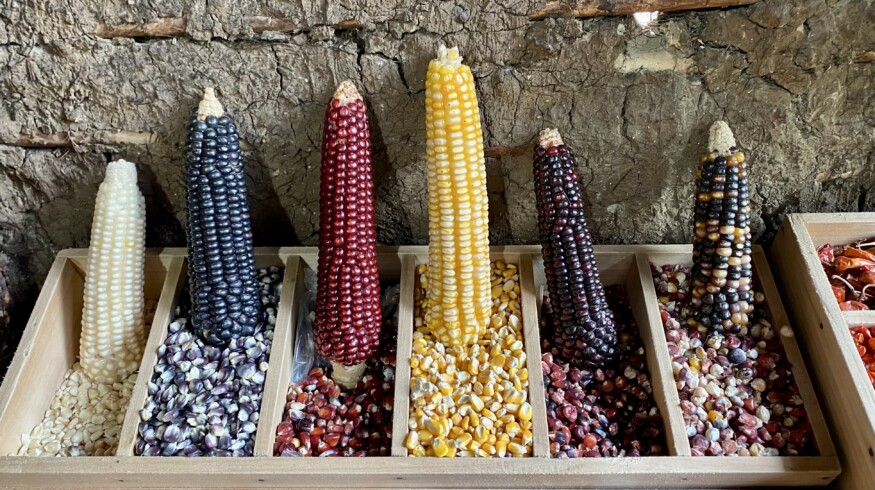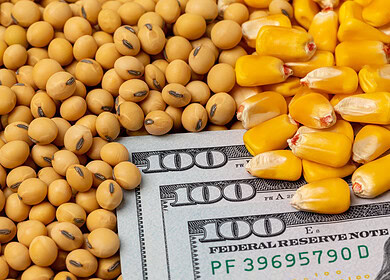Mexico’s constitutional ban on GM corn raises trade concerns

Mexico’s lower house of Congress recently approved a constitutional amendment that bans the planting of genetically modified (GM) corn, a move President Claudia Sheinbaum says is essential for protecting national biodiversity and food sovereignty. The reform brands native corn as an “element of national identity” and prohibits GM corn from being cultivated in Mexico. Sheinbaum emphasized that the law aims to safeguard not just biodiversity, but also Mexico’s cultural heritage, as corn is deeply ingrained in the nation’s identity.
The decision follows a 2024 ruling by a U.S.-Mexico-Canada Agreement (USMCA) dispute panel, which found that Mexico’s restrictions on GM corn violated the trade agreement. In response, Mexico lifted its import ban on GM corn for human consumption, livestock feed, and industrial use. However, the new amendment focuses on prohibiting the domestic cultivation of GM corn within Mexico’s borders, further solidifying the country’s stance on preserving its native corn varieties.
Mexico buys approximately $5 billion worth of U.S. GM corn annually, most of which is used for livestock feed. This makes the new ban a potential flashpoint in U.S.-Mexico trade relations. Analysts warn that the move could trigger retaliatory measures from the U.S. government, particularly from corn-producing states such as Iowa and Nebraska. The Agricultural Markets Consulting Group (GCMA) has expressed concern that the decision could generate “uncertainty” in the bilateral agricultural relationship.
The reform is seen as part of Mexico’s broader efforts to protect its agricultural heritage. The country is home to thousands of corn varieties, many of which are at risk of contamination from GM crops. While U.S. agribusiness groups argue that GM corn is safe and beneficial for food production, Mexican researchers and policymakers are increasingly concerned about its potential impact on health, biodiversity, and the livelihoods of traditional farmers.
As Mexico tightens its stance on GM corn, the U.S. will likely need to reconsider its trade policies. This development underscores the complexity of navigating agricultural trade in a time of growing environmental and cultural awareness.
Enjoyed this story?
Every Monday, our subscribers get their hands on a digest of the most trending agriculture news. You can join them too!













Discussion0 comments